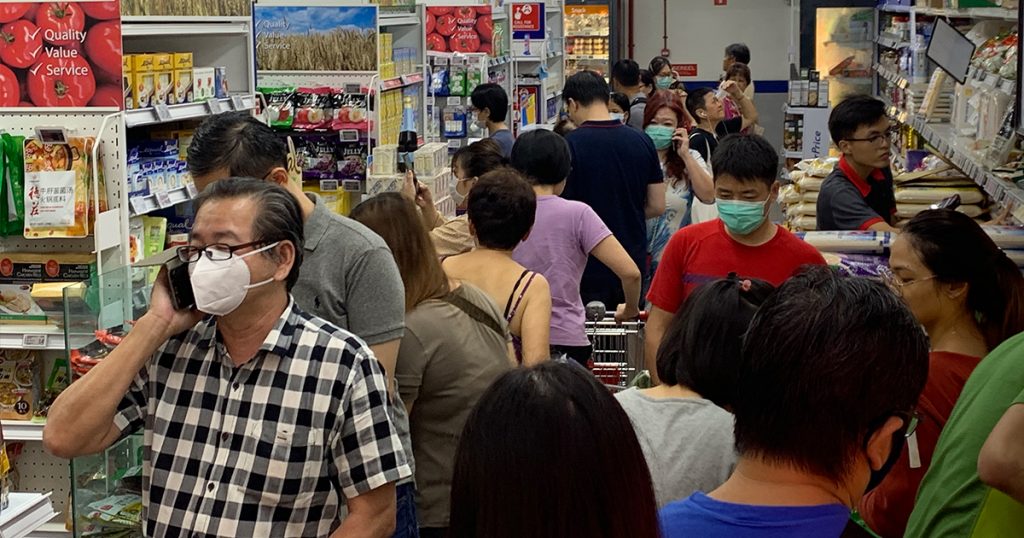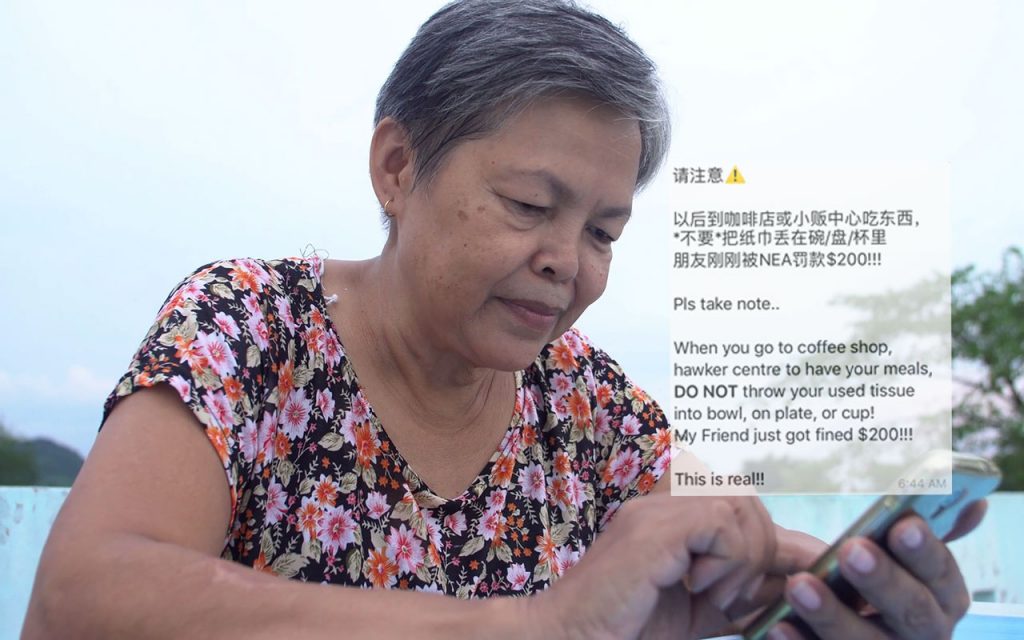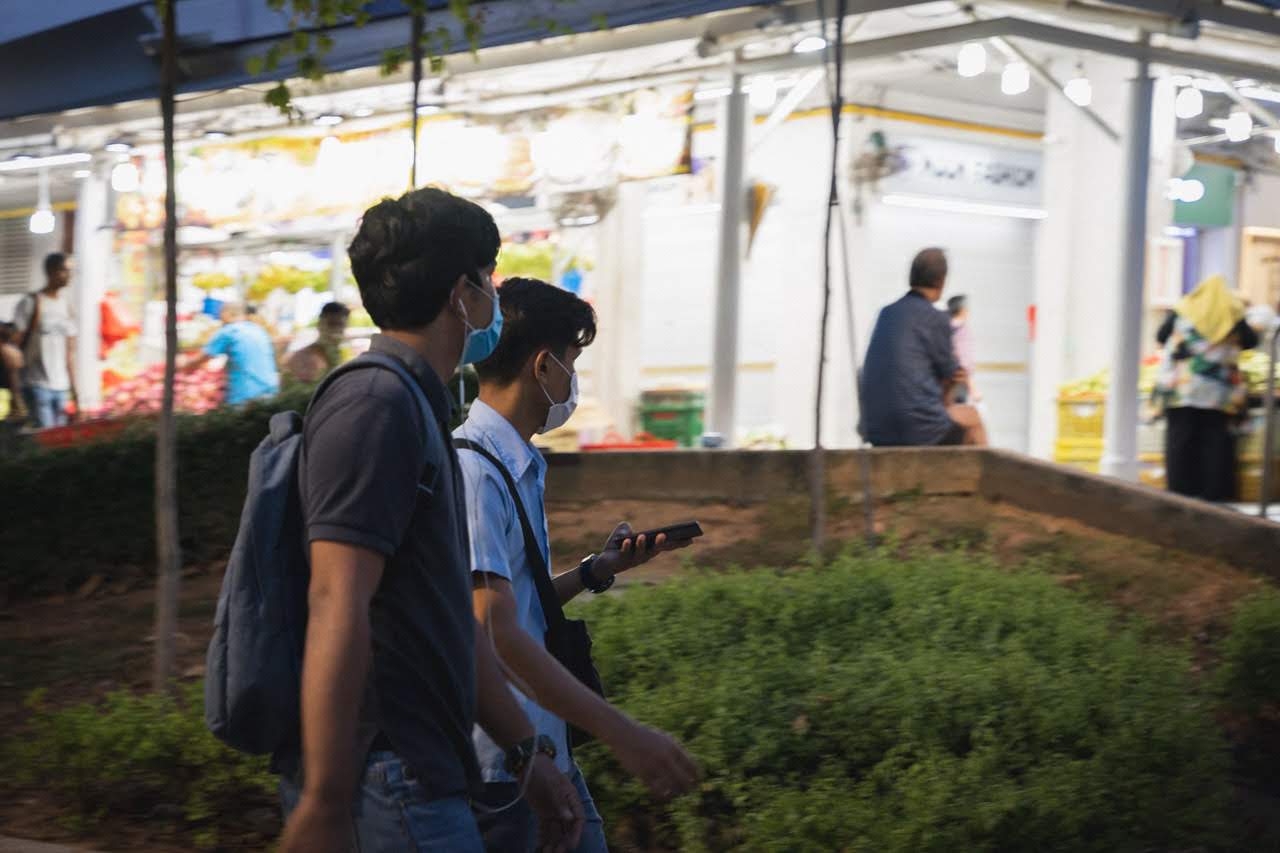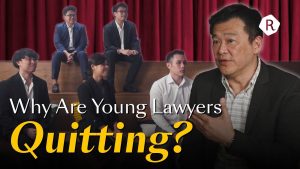Top image: Rice File Photo
Since its inception, POFMA has been widely criticised on the grounds that it stifles debate. Cherian George opposed it in his essay ‘The Dogma behind POFMA’ and so did Kirsten Han, who called it ‘a tool to quiet dissent’.
However, there’s another problem with POFMA and it has nothing to do with the freedom of speech or giving our Ministers too much power. Covid-19 has shown us that POFMA does not actually work as intended. When it comes to combating truly dangerous fake news, it has the stopping power of a wet noodle.
When the law was first tabled, it was sold to Singaporeans as a Windows update. Social media has exacerbated the scope/speed of fake news, and our legislation must necessarily keep pace with technological advances. POFMA would protect the public interest from ‘malicious actors’, who were implied to be the source of most ‘deliberate online falsehoods’.
In practice, however, POFMA has done very little to protect Singapore from misinformation of any kind. Recall, if you will, the weekend before CB was implemented. I’m sure that you, like every other Singaporean, was flooded by a biblical deluge of fake news.
One message I received claimed that a Wuhan-style lockdown was imminent. Another claimed that NCID nurses had been warned the night before, and that’s where their friend’s partner’s colleague had heard it. There was all sorts of nonsense, from total mall closures to Ho Ching testing positive, to non-existent PM Lee speeches.

POFMA corrections, however, were nowhere to be found. Just when the world needed it most, it vanished like M. Night Shyamalan’s career. Instead, the government relied mostly on its traditional media partners to push out the correct version of events.
On the ground, there was already widespread panic. Remember, if you can, the crowded supermarkets, the shelves empty of rice and toilet paper, the long queues as Singaporeans risked infection to stock up on essentials and otherwise.
It was not our finest hour.
For a more recent example, look no further than Our Sovereign Lady Of Shunfu. Before she was arrested, her image was already circulating on social media. Some called her a foreigner, others said she was a CECA Indian and should be sent back to her ‘slum village’.
When the arrest revealed that she was Singaporean, the commentary quickly changed to label her a ‘new citizen’.
This would have been a great moment for POFMA to justify its existence. In his recent speeches, Ambassador-at-large Bilahari Kausikan stressed the importance of combating Chinese influence operations, especially those which attempt to foist a ‘Chinese identity’ on multi-racial, multicultural Singapore. I would argue that the ‘othering’ of non-Chinese minorities is just another side to the same coin—but apparently not. POFMA could not be invoked against Sovereigngate, even though it surely undermined our public interest more than the mystery of Ho Ching’s salary.
There is a fundamental mismatch between what POFMA works against, and the way dangerous fake news actually spreads on private, semi-official channels. You can use it to play Whack-A-Mole against dissidents, but it’s utterly useless against the fake Covid-19 cures, racist discourse, or panic-mongering. It is somehow assumed that such WhatsApp nonsense will not be an existential threat to Singapore, but the pandemic has proven this false.

As someone born in the PRC and raised in Singapore, I’m perfectly happy to surrender whatever in exchange for material comforts. In fact, I was hoping to enjoy some trickle-down authoritarianism from the government.
In POFMA, however, we seem to have created the equivalent of a magnum-sized condom for 15-inch penises. Yes, it works—but only for highly-specific circumstances that occur once in a blue moon, and are unlikely to result in our demise. All the while, it neglects more obvious, more daily threats posed to the fabric of our nation. The latter, of course, has no easy solutions, but it is surely not helpful to pretend that POFMA is anything but faulty.
What’s the solution to battling online falsehoods? Is it more laws? Tell us what you think at community@ricemedia.co.






